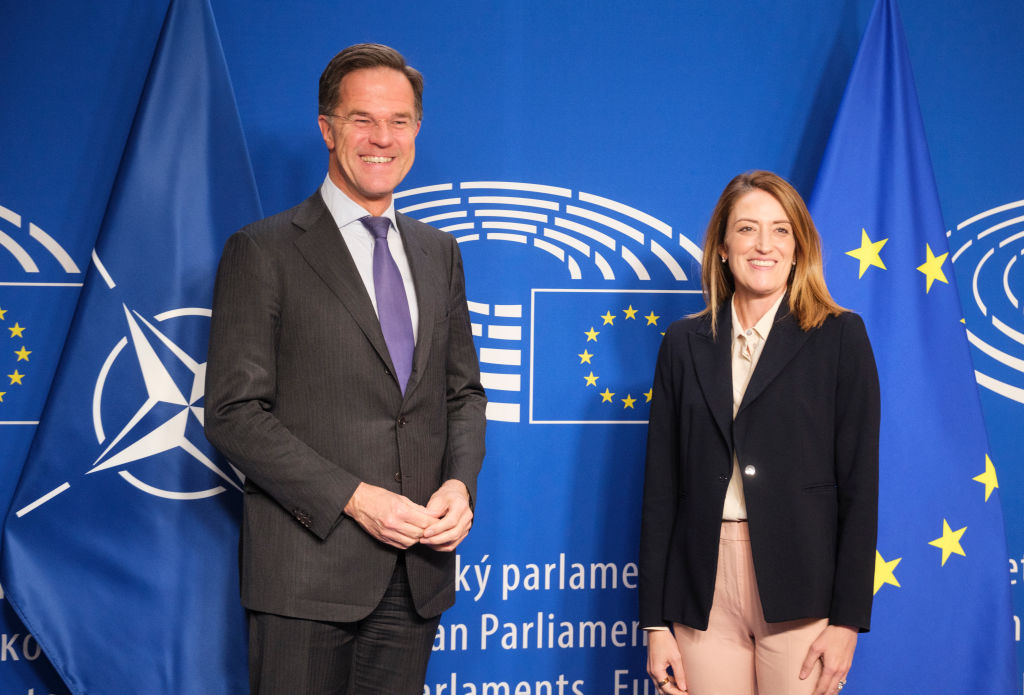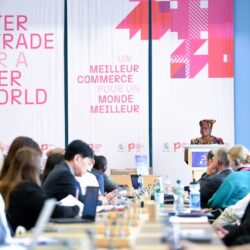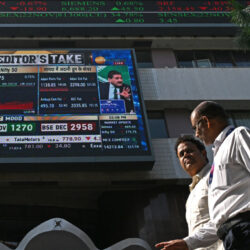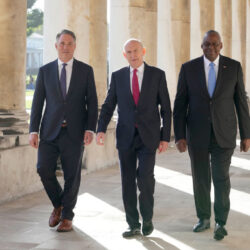
The liberal order, built on economic openness and rule-based cooperation, relies on Western powers and their values. In Europe, this vision centers on the European integration project, which promotes unity through shared governance and pluralism. However, rising populism, skepticism about integration, and external challenges from non-Western powers threaten its future. A new Trump era in the United States, with a nationalist foreign policy, adds pressure on the European Union to take the lead in upholding the liberal global order.
What Is at Risk?
The EU has been perceived as a prime manifestation of the liberal order that provided institutionalization of the international relations within the Western European bloc. It achieved this overarching aim through a common legal framework and policies centered on market liberalization and economic cooperation as tools for political integration. The EU’s defining feature is its normative power, using ideological influence and its identity as a union of liberal democracies to shape the international system through persuasion rather than relying on hard power such as military force.
The EU’s transformative power is most evident in its enlargement process, particularly with the accession of Central and Eastern European countries. The fall of the Berlin Wall left these nations in a political, economic, and legal vacuum, with significant security implications. The EU addressed this gap by offering a European perspective while requiring alignment with its norms, values, and legal standards to foster democracy, the rule of law, and economic integration.
However, the enlargement also brought challenges and exposed certain limits, including varying levels of reform implementation among the newcomers and rising euroscepticism in some member states reflected in the latest elections for the European Parliament. Consequently, the EU was not able to replicate its transformative power in the rest of Europe, leaving key regions like the Western Balkans and the Eastern Partnership outside its leverage.
Thriving and/or Surviving?
The question is whether the liberal order championed by the EU represents a self-sustaining normative system and can endure as a Westernized club, especially in the face of ongoing global threats. The fate of the West and the fate of the liberal order are not necessarily intertwined. As global power dynamics change, the EU must adapt, balancing its values with the realities of a multipolar world.
The war in Ukraine has highlighted Europe’s critical crossroads, where the EU’s ability to respond to external threats will determine its future cohesion. The EU indeed faces internal divisions, but the war is prompting an unprecedented mobilization, with a shift toward taking greater responsibility for European security, which previously depended on the United States. Failure to meet these challenges risks further weakening the EU internally and undermining its broader global agenda.
Defending the liberal order starts with safeguarding European interests and ensuring security and prosperity for its citizens. Only by doing so can the EU demonstrate its commitment to political freedom and economic success, proving that these values are integral to its foundation.
Net Assessment
To strengthen its role in upholding the international liberal order, the EU must focus on improving its internal European integration project by ensuring greater inclusivity while safeguarding the core principles that define its normative power.
A unified and reformed Europe is essential for responding to the broader international threats effectively. Europe must enhance defense cooperation and continue the EU enlargement process, particularly in regions such as the Western Balkans, to ensure stability and address security concerns.
The EU must also make internal reforms to strengthen its decision-making capabilities, particularly by overcoming the challenges posed by the requirement for unanimity. By reforming decision-making procedures and enhancing institutional efficiency, the EU can deepen integration and strengthen its geopolitical influence while ensuring that it remains united in the face of both internal and external pressures.
Finally, Europe should not shy away from deeper global engagement and to strengthen other (transatlantic) relationships, focusing on sustainable growth through innovation, regional cohesion, and a forward-looking industrial strategy to secure its economic future and thus uphold the primacy of democracy.
North Atlantic Treaty Organization General Secretary Mark Rutte (L) is welcomed by the European Parliament President Roberta Metsola prior to a bilateral meeting in the European Parliament on Jan. 13, 2025 in Brussels, Belgium. (Photo by Thierry Monasse/Getty Images)





